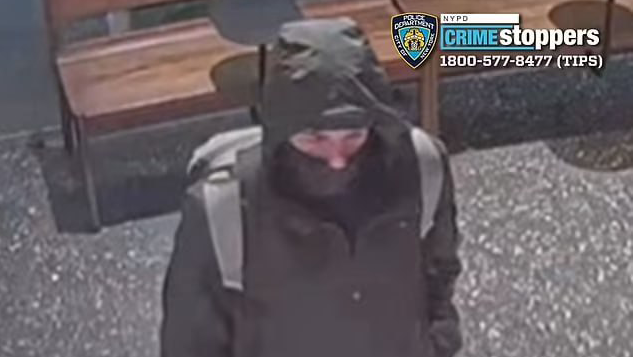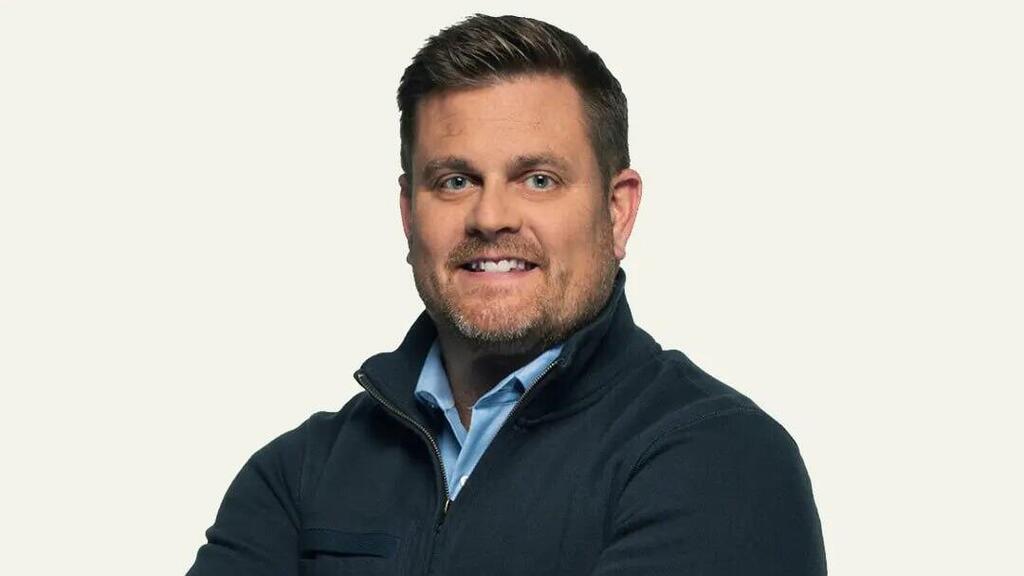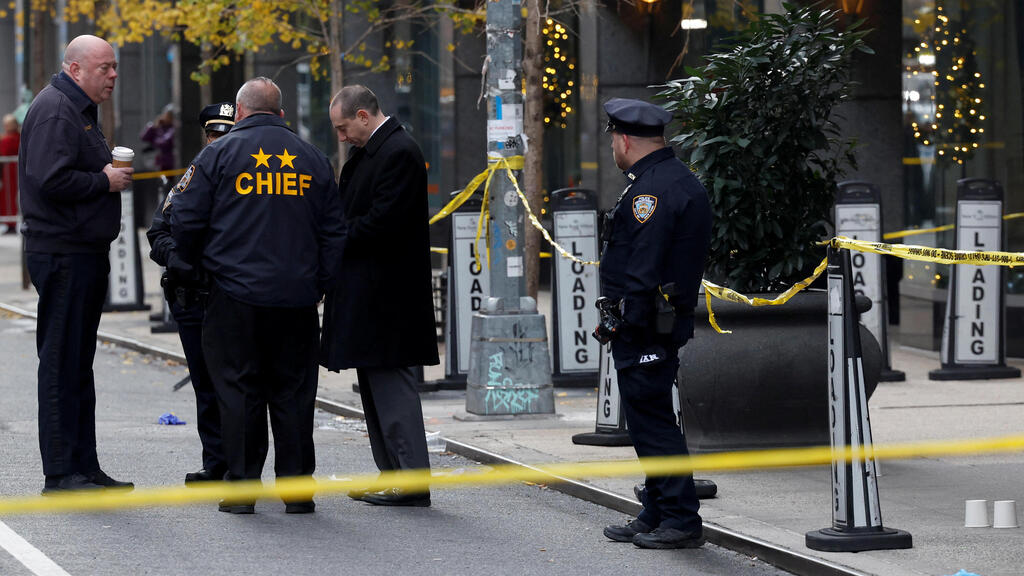He murdered a man in cold blood in the middle of a Manhattan street, leaving two children fatherless. Yet, the man who shot Brian Thompson, CEO of the health insurance company UnitedHealthcare, in the back is gaining increasing support daily — to the level of a national hero in the U.S.
A grainy photo of him from the hotel he stayed at before the murder has drawn comparisons to Hollywood stars and jackets similar to the one he wore have sold out online. On Saturday, a look-alike contest in his honor took place at Washington Square Park in Manhattan.
Footage of Brian Thompson's murder
The NYPD has offered a $10,000 reward for information leading to his capture, but so far, not only has no one claimed the prize, but the hotel where the killer stayed has been flooded with negative online reviews for cooperating with the police.
This grim story — from a cold-blooded murder on a New York City street to the public's reaction — reiterates that the most hated industry in the U.S. is health insurance. For Thompson’s friends and grieving family, this is a horrific nightmare. But for many Americans, it’s become an opportunity to vent their frustrations at the health insurance system and the immensely wealthy, powerful figures leading it.
According to a survey conducted last year by KFF, a nonprofit healthcare think tank, about 6 in 10 adults reported experiencing issues with their health insurance within the previous 12 months, such as surprise bills or denial of treatment approvals. The sicker individuals were, the worse their struggles with insurance companies became.
UnitedHealth Group, UnitedHealthcare’s parent company, is the fourth-largest company in the U.S., raking in over $22 billion in 2023. Its insurance division is arguably the most despised, known for rejecting more claims than any other insurer.
It employs tactics such as "prior authorization," requiring doctors to submit additional paperwork upfront to justify treatments and prescriptions and relying on algorithms to delay or deny approvals.
American insurance companies bring in hundreds of millions in annual profits while subjecting policyholders to constant red tape. And the situation today is significantly better than before 2010, when then-president Barack Obama introduced comprehensive healthcare reform. Before the law, known as Obamacare, tens of millions of Americans couldn’t afford health insurance at all.
Most workers receive insurance through their employers, but they remain just one job loss or serious illness away from financial catastrophe. For example, prior to Obamacare, there were no limits on out-of-pocket costs for patients.
Insurers could refuse coverage for almost any reason, even for something as basic as being born with asthma. Women were routinely charged significantly higher premiums. While many of these issues have been addressed, the nightmare of needing an insurer's help during a real crisis remains unchanged.
Adding to the killer’s "heroic" image were three words etched onto one of the bullets that hit Thompson: "depose," "deny" and "delay." All these words are associated with tactics insurers use to avoid paying claims.
Users across social media commented that their empathy for this case had been "denied." Many posts received tens of thousands of likes, particularly those sharing stories of battling insurance companies' refusals to cover the exorbitant costs of medical treatments, especially those by UnitedHealthcare.
For executives of major corporations, particularly in the pharmaceutical and insurance industries, Thompson’s murder is an especially shocking moment. It’s even led some large companies to remove their executives' photos from their websites.
Alex Goldenberg, a senior advisor at the Network Contagion Research Institute — which tracks online threats — told The New York Times that the online rhetoric had left experts “disturbed” at the glorification of Thompson's murder.
The institute found that six out of the 10 most viral posts on X (formerly Twitter) on the day of the murder “either expressed explicit or implicit support for the killing or denigrated the victim.”
This dynamic mirrors discussions that often follow mass shootings on far-right online message boards like 4chan and 8chan. “But what’s disturbing about this is it’s mainstream,” Goldenberg said. “It’s being framed as some opening blow in a broader class war, which is very concerning.”
The killer’s supporters come from both sides of the political spectrum. Hatred for health insurance companies is one of the few things that unite the American people today. The starkest example of support for Thompson’s killer is the silence of prominent Internet sleuths.
These are some of the biggest online figures who have previously helped the FBI identify hundreds of Capitol rioters on January 6, 2021. Now, their silence is deafening.
Get the Ynetnews app on your smartphone: Google Play: https://bit.ly/4eJ37pE | Apple App Store: https://bit.ly/3ZL7iNv
“I have yet to see a single video that’s pounding the drum of ‘we have to find him,’ and that is unique,” TikTok influencer Michael McWhorter told NBC. McWhorter, who shares viral true-crime news content with his 6.7 million followers, added, “We’re pretty apathetic toward it.”
Savannah Sparks, who has 1.3 million TikTok followers, echoed the sentiment. Though she has cooperated with law enforcement in the past, she’s uninterested in helping now. When asked if her community was working to locate the murder suspect, she replied, “Absolutely the f*** not.”






